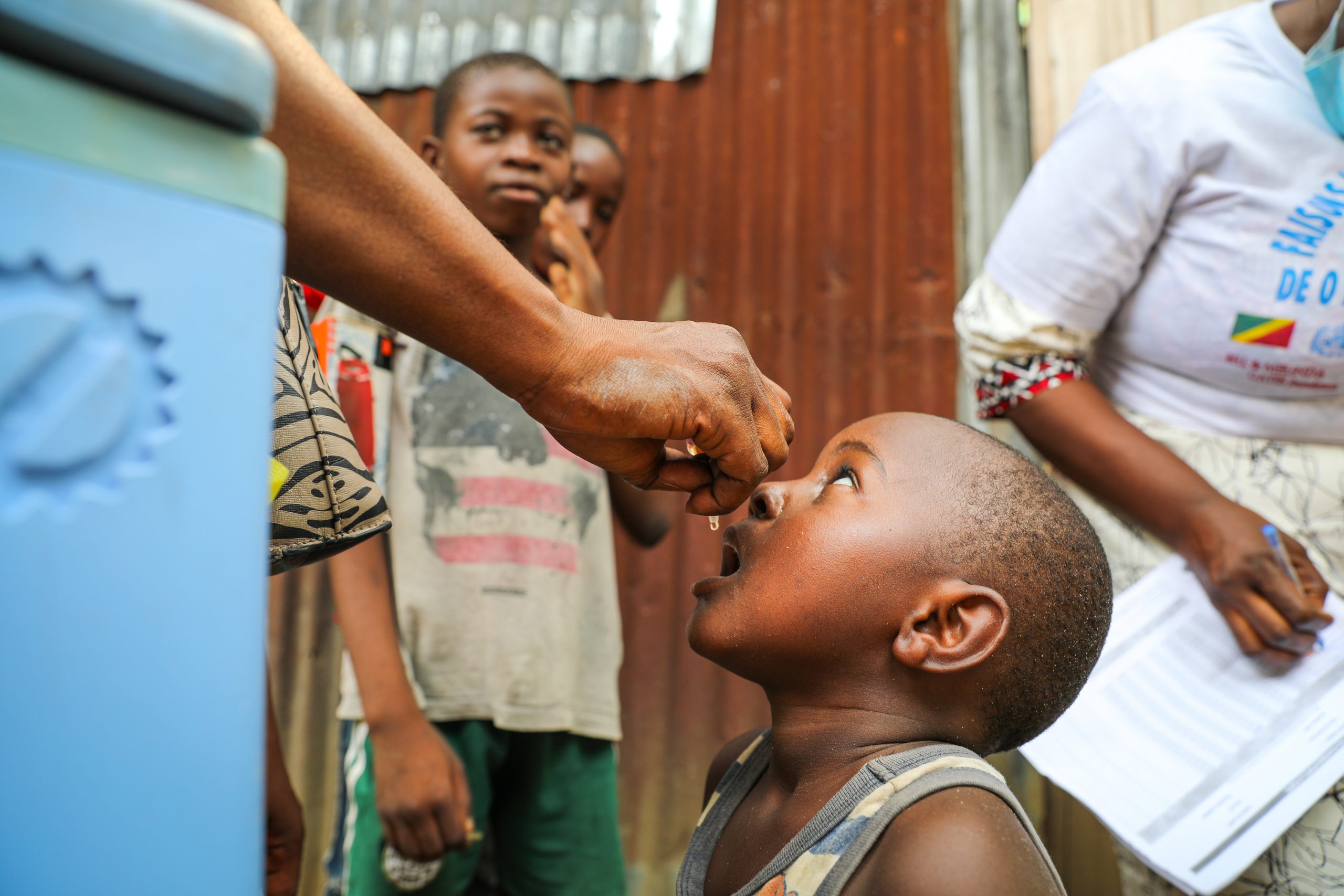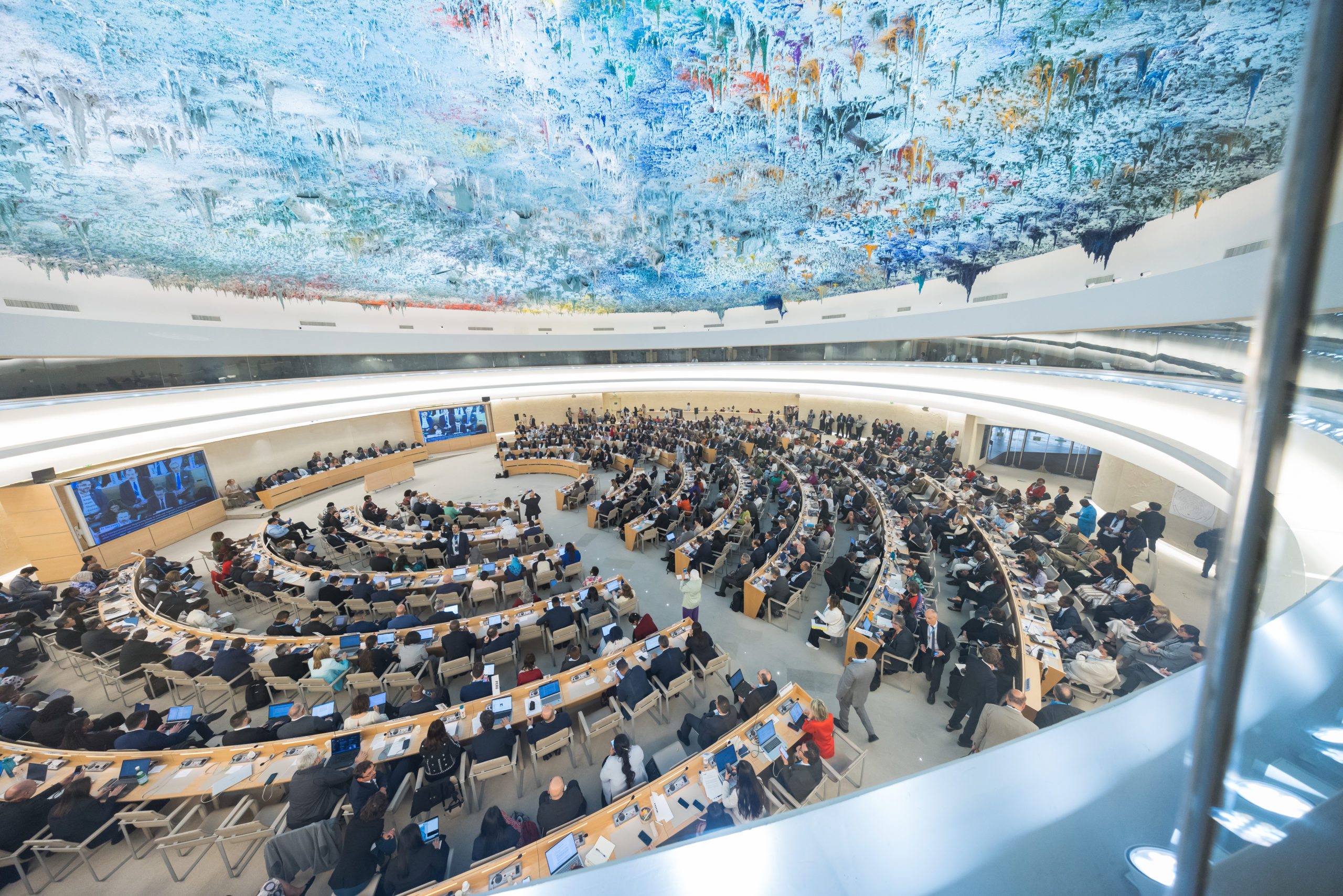Conflict could have the worst impact on vulnerable children, who are victims of circumstances beyond their control or capabilities. Almost a decade of conflict has led Yemen to experience devastating outbreaks of vaccine-preventable diseases, which disproportionately affect children. Key contributing factors include extremely limited public health infrastructure and services, limited water availability, and growing levels of vaccine denial and hesitancy.
“Children are particularly vulnerable to vaccine-preventable diseases such as polio, measles, pertussis and diphtheria,” said Dr Arturo Pesigan, WHO Representative and Head of Mission in Yemen. “One in 4 Yemeni children has not received all the recommended vaccinations on the national routine immunization schedule, and 17% are zero-dose children, who have not had a single dose of diphtheria-tetanus-pertussis vaccine.”



